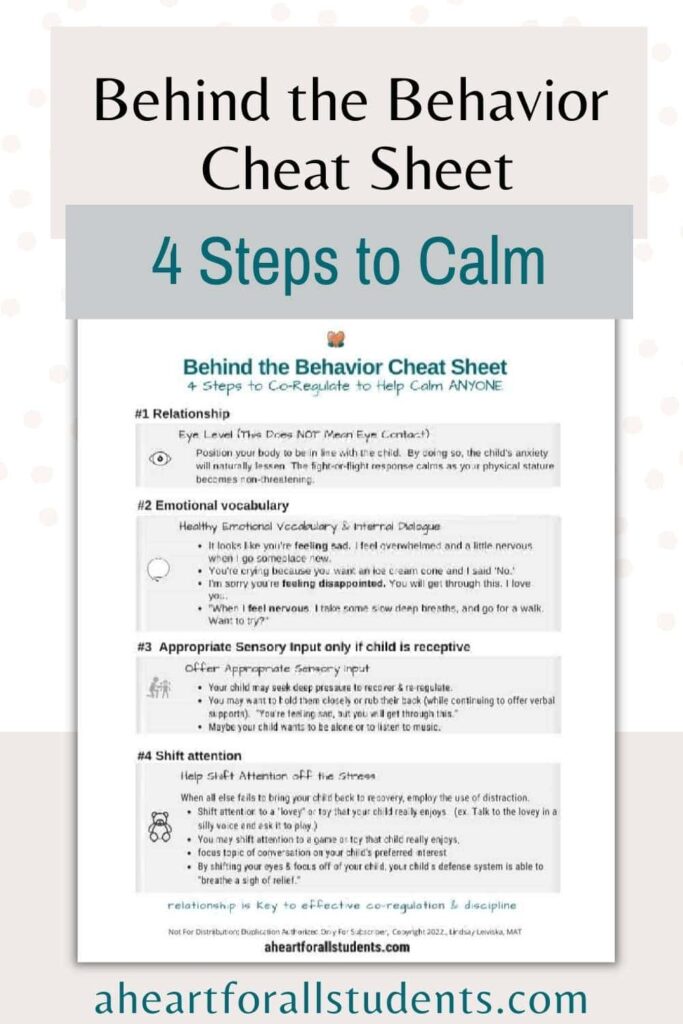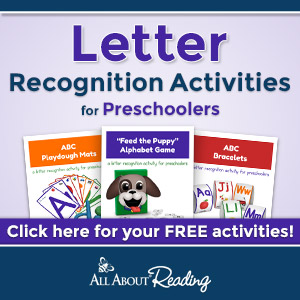Simple and effective tips for homeschooling preschoolers. Teaching your preschool student at home may feel like stapling jello to a wall. Young children are designed to learn through movement and play. Today, we’ll discuss seven effective strategies when teaching preschoolers at home.

This post may contain affiliate links. As an Amazon Associate, I may earn a nominal fee from qualifying purchases. Thank you for your support. See my disclosure policy for more info.
Homeschooling Preschool Isn’t Necessary
First things first. A HUGE part of the problem is when we mommas try to recreate traditional school at home.
It gets worse. We feel pressure to start homeschooling our preschoolers because the kids from the playgroup started school last year.
But, this is a huge problem if your little one isn’t interested in formal lessons. And to be honest, most kids aren’t ready to sit still and learn at such a young age. Again, preschoolers are made to learn through play. By their nature, young kids learn through discovery-based play.
Traditional Teaching Methods and Preschool Don’t Mix
This is why the traditional approach to teaching preschoolers is often a big fat no-go. You know what I’m talking about.
Where we moms teach and expect kids to sit still and fall in line.
Yeah. That one. Unless your preschooler is begging you to “play” school. Don’t even try it.
If you’re new around here, please know that my son was made for independence. He doesn’t like taking direction. There’s a long backstory in case you want to catch up. Needless to say, know that I’ve experienced the messy and hard. I get you and am here for you.

Related Post:
Tips When Homeschooling a Preschooler
The following 7 tips will help you navigate homeschooling a preschooler, kindergartener, or any child who resists formal lessons.
Specifically, today, I’m walking you through a story from my homeschool journey. It all started one morning when my son was 4 years old.
1. Use Your Child’s Interests

It didn’t take me long to realize that he wasn’t excited to do schoolwork. Ok, he wasn’t happy about my plan to learn sight words. He was pretty adamant that learning sight words was not going to happen.
My number one tip for homeschooling resistant learners is one I always recommend.
- For every student
- Regardless of age
Tip Number 1 for Homeschooling Preschoolers: Use your child’s interests.
When trying to engage children who resist instruction, you’ve got to think outside the box. Using your preschooler’s interests can be the most effective teaching strategy when your plans bomb out.
Hang on to that while we discuss tip number 2.
2. Respond
As adults, you and I have choices regarding how we respond to perceived “disobedience.”
Tip Number 2 for Homeschooling Preschoolers: Respond. Don’t React.
Here are 3 perceptions we can take when kids push back against our lesson plans.
- Become frustrated with our children and force our will upon them.
- Take personal offense when our kid doesn’t comply and push harder.
- Focus on the learning objective (learn to read, count, multiply, etc.) and pivot.
When we step back to prioritize the learning objective, we’re better able to shift our approach. In the end, this helps us meet kids where they are to best equip them for the long term.
3. Stress and Learning Don’t Mix

This brings me to the next tip to keep in mind when your kid (preschool to high school) pushes back on your lesson plans.
Tip Number 3 for Homeschooling Preschoolers: Stress, the brain, and learning don’t mix.
In the end, I could’ve chosen to be frustrated and forced the issue. (Believe me, I’ve made this mistake a lot.) But, doing so would’ve added to the problem and caused undue strain on our relationship.
Ultimately, that would have made the learning experience more stressful. When the stress response takes over, the ability to learn and process new information plummets. Don’t force it. It’s not worth it in the long run. Take a deep breath and be ready to pivot.
Stress & Fear are Bad for Learning
Watch this quick tutorial to learn about the brain. Specifically, understand why feeling safe is essential for learning, behavior, and mental health.
4. Make it Fun
Play-based learning is highly effective for younger students. However, the truth is that play is essential for all ages, and that includes adults.
Tip Number 4 for Homeschooling Preschoolers: Engage in fun and play.
Here’s a rhetorical question. Think about it this way.
Why are some of our most deeply rooted memories associated with fun, laughter, and play?
So what did I do that morning? I engaged my boy in fun play.
Hey, Alvin, Simon, Theodore, Baby Monkey! Are you guys ready to learn your words?”
In this case, playing with my son’s stuffed animals leads me to tip number 5 when homeschooling preschoolers.
Let Preschoolers Learn About Themselves
What’s more interesting to a preschooler than learning about themselves?
Use letters to create your child’s name with these Name Letter Crafts. These All About Me preschool worksheets are another fun and engaging option.
5. Remove the Audience
Yep. I shifted my attention from my son to his stuffed animals.
Tip Number 5 for Homeschooling Preschoolers: Remove the Audience.
Pretending to teach sight words to his stuffed animals, I removed my focus and instruction from my son. With the pressure off him, my preschooler immediately engaged.
In my 4-step framework, this is referred to as “Removing the Audience.” He loved playing along and forgot that he didn’t want to learn.

6. Quantity Doesn’t Equal Quality
That day, I ended up teaching my resistant preschooler six new sight words.
Tip Number 6 for Homeschooling Preschoolers: Quality over Quantity.
Notice I didn’t attempt to teach him a list of twenty new words. By keeping my expectations reasonable, he fully learned and memorized those six words. If I had pushed to do more, I would’ve lost him.
Further, we connected emotionally while engaging in pretend play. This was especially important to keep him excited for the next time we “worked” on sight words.
In the end, keep lessons short. Quick 5-15 minute chunks of teaching are effective and often essential for many students. When using a preschool curriculum for homeschoolers, always be willing to modify it to meet your child’s capacity.
Why Less is More in Learning
Watch this quick video to learn why “less is more” in learning.
7. Give Your Preschooler Agency
Preschoolers, kindergarteners, and other resistant students need agency.
Tip Number 7 for Homeschooling Preschoolers: Give Your Child Agency.
What’s agency? Agency is a sense of control. My boy attained agency because I gave up on my formal sight words lesson and switched to a preferred activity.
That morning he eventually took the lead from me. Specifically, he began to “teach” his stuffed animals using his newfound skills. He felt a sense of pride in being able to “teach” the sight words.
This increased his internal motivation. In the end, it’s a child’s intrinsic motivation that creates a life-long learner. Check out these preschool activities at home for ideas to inspire learning in your child. This
Recap: Tips for Homeschooling Preschoolers
Homeschooling preschoolers, kindergarteners, or any resistant learners is not easy.
However, in the end, most young children do not need formal lessons. Further, they should be allowed to play outdoors and learn through natural discovery.
Support them in developing internal motivation to become a lifelong learner. Engage in short chunks of play-based learning with your preschooler and aim for the following goals.
- Deepen your parent-child relationship
- Prime their brain for optimal learning
- Create positive memories of learning for next time.
What are your favorite ways to homeschool and engage your preschooler or younger students in learning? In it together!


This post may contain affiliate links. As an Amazon Associate, I may earn a nominal fee from qualifying purchases. Thank you for your support. See my disclosure policy for more info.




